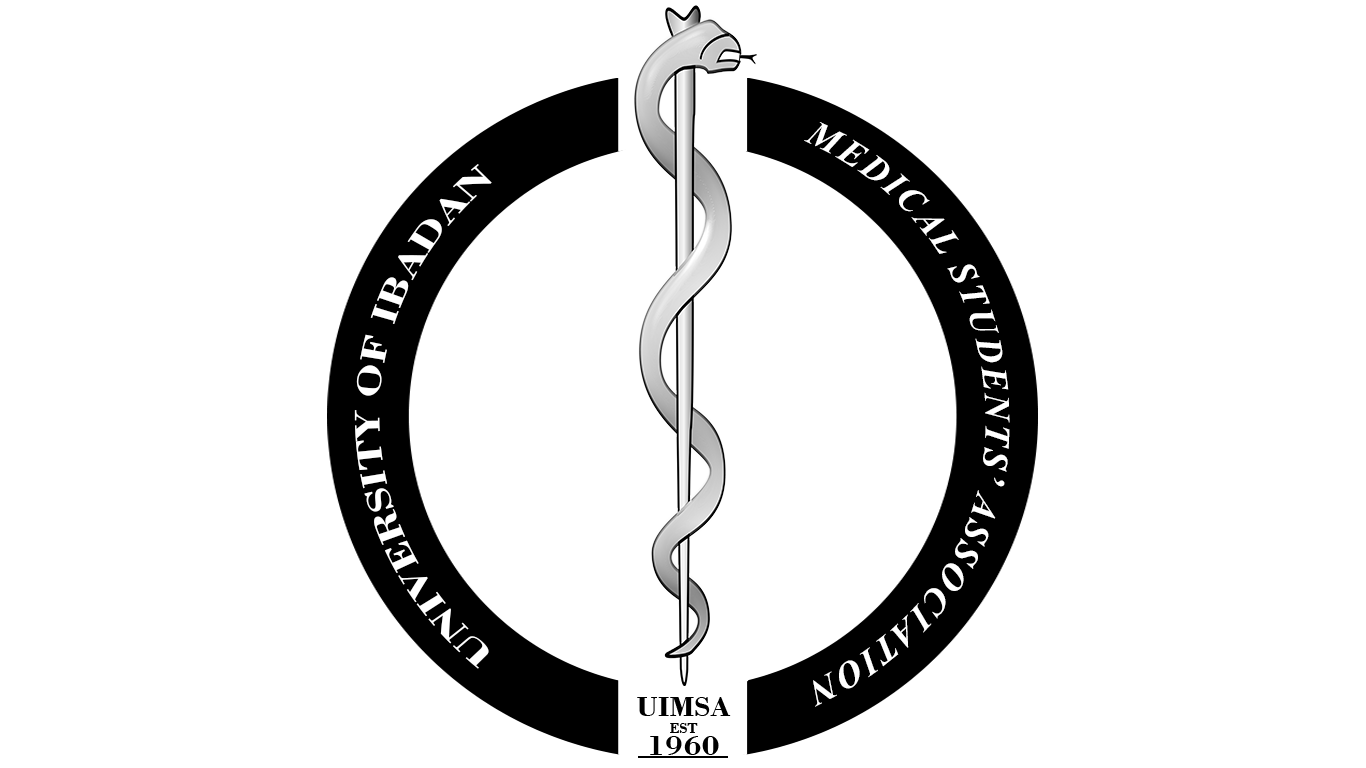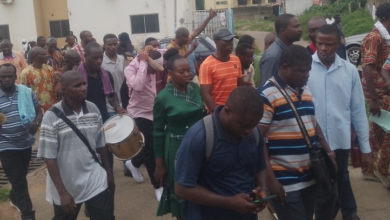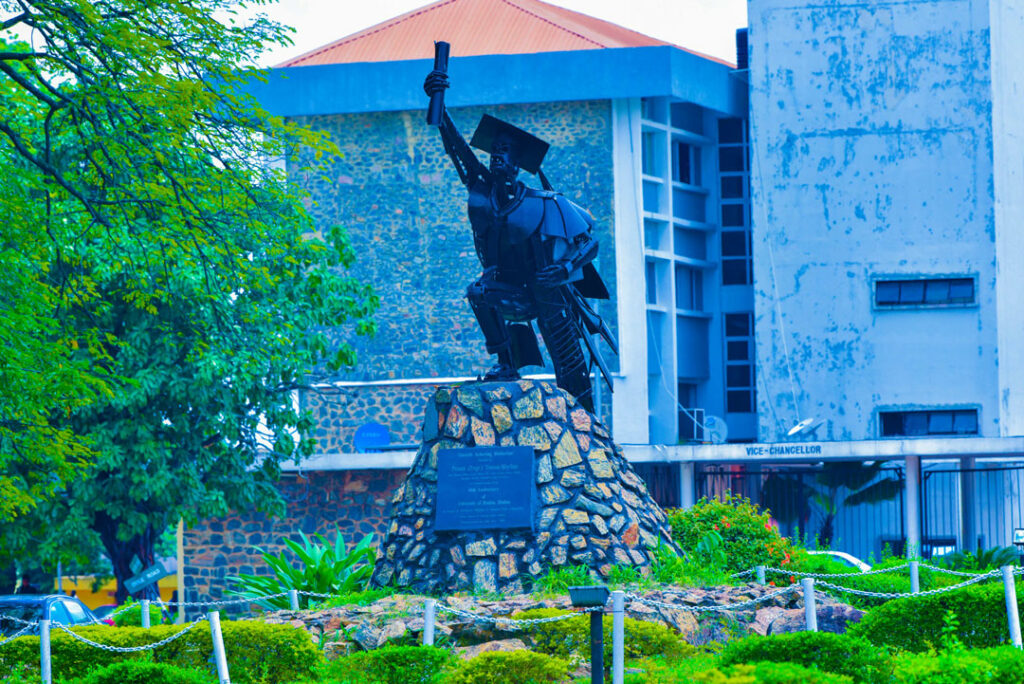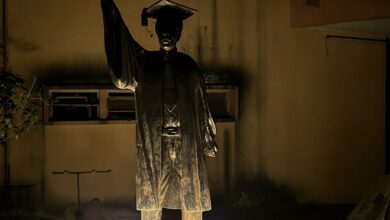Heralding the Future of CoMUI
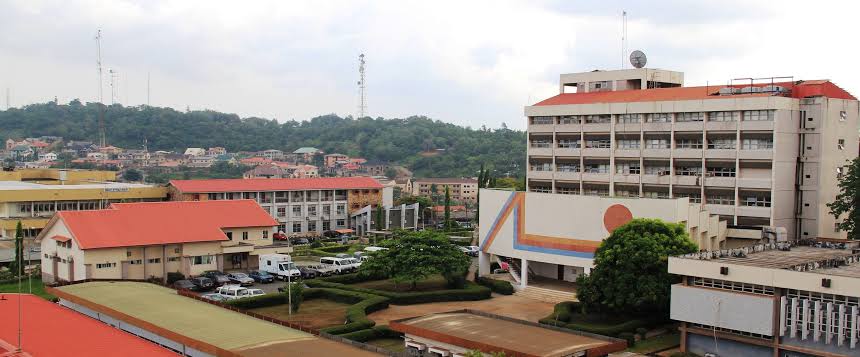
There are better things ahead than any we leave behind. – C.S. Lewis
The trend of events in the Nigerian system often leaves one with little to no grounds for optimism. Whether in politics and governance, finance or the corporate space, the tendency to look toward the future through sceptical lenses is natural and often regarded as the “way to go” in the face of demoralising developments. After all, the lower one’s expectations are, the fewer letdowns one would experience.
Unsurprisingly, this tendency carries over to conversations about the education sector, especially tertiary education in Nigeria. Whether in terms of the rising cost of running universities, like with recent developments with electricity, or of producing doctors, the average Nigerian confesses that the future may be bleak if the current trajectory continues.
CoMUI, as a microcosm of the broader Nigerian situation, might share the same fate. However, this could just be a hasty conclusion. Are there sufficient grounds to share C.S. Lewis’s optimism that better things lie ahead? A few considerations may help provide insights in this regard.
The Past Four Years
The past four years have especially witnessed impressive developments in the College of Medicine through several initiatives of the outgoing Provost, Prof. Olayinka Omigbodun and other key stakeholders, and true to her 8-point “TOGETHER” agenda. Featured in the agenda were togetherness through community conversations and collaboration, getting students ready for the global stage, teaming up with UCH and other parts of UI for greater impact, harnessing the power of the College’s alumni, and enhancing the College’s financial pocket. A considerable chunk of this plan was executed.
For instance, initiatives like the Ibadan College of Medicine Alumni Association (ICOMAA) Homecoming Week (featuring the “COMUI Learning from her Living Legends” personality lectures) fostered a sense of community among members of the association. They opened avenues for accessibility and mentorship to both students and junior colleagues. Also, efforts were intensified and unified in fundraising for projects like the new students’ hostel building (which was flagged off in August 2022). There was also the creation of new faculties in the college (Basic Clinical Sciences and Nursing) to, among others, provide an adequate learning environment for postgraduate students and those in the Open and Distance learning mode.
Diplomatic relations were fostered, especially at crucial points (e.g. during the recent power issues in UCH, alongside lobbying for funding from alumni) and strike actions by resident doctors in the College. There was also a resurgence of the Sponsor A Student Program (SASP) to provide funds for indigent students. At the most recent induction of Medical Doctors and Dentists, the program’s efforts were in full glare, with awardees bearing testament.
Also, students have been increasingly integrated into decision-making processes in the College, an example being the deliberations on the MBBS/BDS curriculum review, which commenced in November 2021 and gave an audience to students to voice their concerns through findings of the UIMSA Committee on Curriculum Assessment, Research, and Development (COM/CARD). The Committee then held forums with the College faculty and recommendations were made, a number of which, however, are yet to be implemented.
The Next Four Years
Despite a few shortcomings, evidence abounds that the College has progressed on many fronts in the last few years. What, then, do the coming years portend as leadership changes hands and the new Provost, Prof Temidayo Ogundiran, is inaugurated this August? We may have a clue upon consideration of his vision for the College, termed the “S7 Project.”
For students particularly, he hopes to address issues identified through the needs assessment efforts and town hall meetings, including infrastructural decay, burnout among students, delay in the release of examination results, cumbersome and delayed access to health care services, and problems with CoMUI WiFI routers at the Alexander Brown Hall (ABH), among others.
He promises to improve infrastructure in the Hall by providing solar power panels and an internet hub to support the present efforts of the Hall management. This would address the issue of incessant power cuts, especially during crucial periods like professional exams, as has been observed recently. According to his plan, sustained and improved support for indigent students should also be expected, alongside the provision of accommodation for students with special needs. In addition, standardised mentorship programs (pairing multiple students to one academic staff member) should further prepare students for opportunities both during and after school.
Also, he promises academic support enhancement (through advising, career guidance, and well-being resources) and improvement in teaching and learning philosophy and environment through the College Medical Education Unit (CMEU). The curriculum review wasn’t explicitly referenced in this regard, even though it seems paramount among students’ academic concerns. One of several critical issues in this review is the distinction score, a subject agreed on by students and Faculty members at the UIMSA COM/CARD Colloquium in 2022. Hopefully, these may be put forward during the promised frequent town hall meetings, alongside other issues which may have been omitted but need to be addressed.
The Place of Medical Students
Amidst all this, where do students stand? As we appraise the progress these few years, we also acknowledge that there’s work to be done to improve the quality of medical education in ‘the First and Best’. Students must be provided with optimum conditions for standard learning. CoMUI has been, and will always be, a force to reckon with, with its vast, experienced alumni base spanning virtually all the world’s continents. Tapping from this extensive resource – a cornerstone of the previous administration – remains paramount if the upward trajectory these past few years will be maintained.
Continued partnerships between key stakeholders (including alumni, private institutions, and others) for groundbreaking initiatives and provision of standard facilities are crucial if the College and the forever-intertwined UCH will keep abreast of global trends in medical education and practice. This extends to the perennial subject of accommodation and all associated with it. It would be to the delight of all if, sometime within the next four years, alumni and members of the College could walk hand-in-hand to commission the new blocks of hostels for use. This would contribute to even greater academic success than recorded, as increased ease of living almost invariably translates to improved academic performances.
Students must be at the centre of considerations (their welfare, their education) for the system to function adequately. Students across all disciplines, that is. Unhealthy inter-professional rivalries, as does efficient interdisciplinary synergy, begin even earlier than most think. It makes sense to carry everyone along. This starts with the simplest things, like ensuring proper representation and participation at College events. Also, like has become the norm, dialogue and discussions must be maintained, with student leadership actively contributing. The future of medical practice in Nigeria is as bright as it is bleak, depending heavily on the actions of the leaders we have today. We look forward to all that the next four years will bring. As the College’s anthem says, all must heed the call to raise, train, and nurture hands for the cause, bringing up-to-date knowledge for all.
